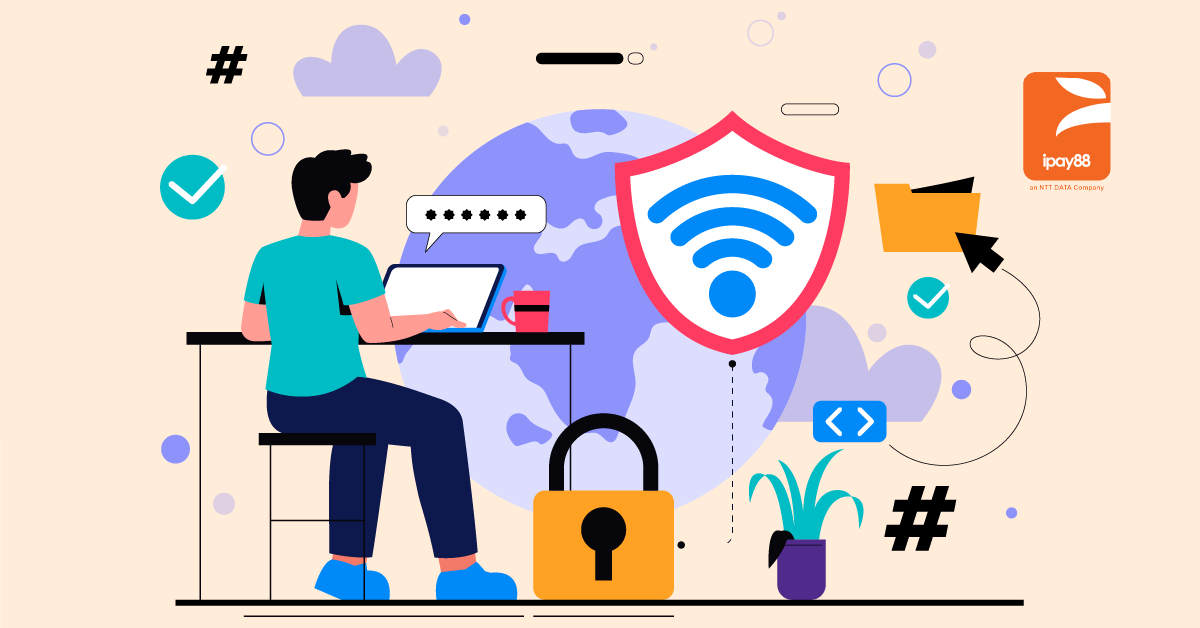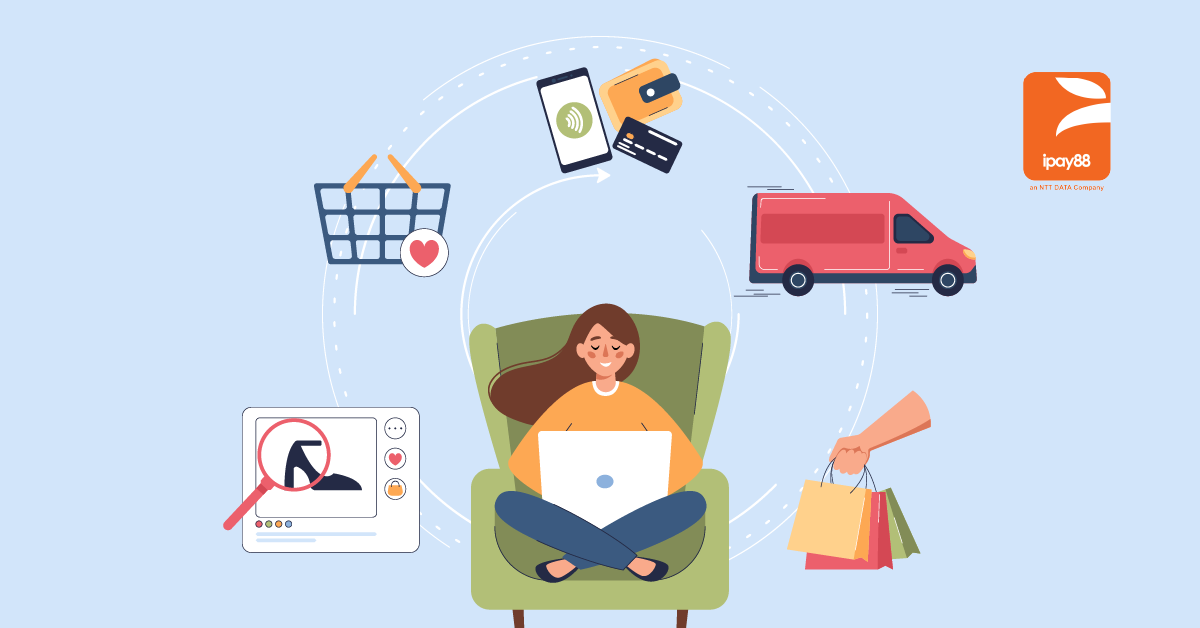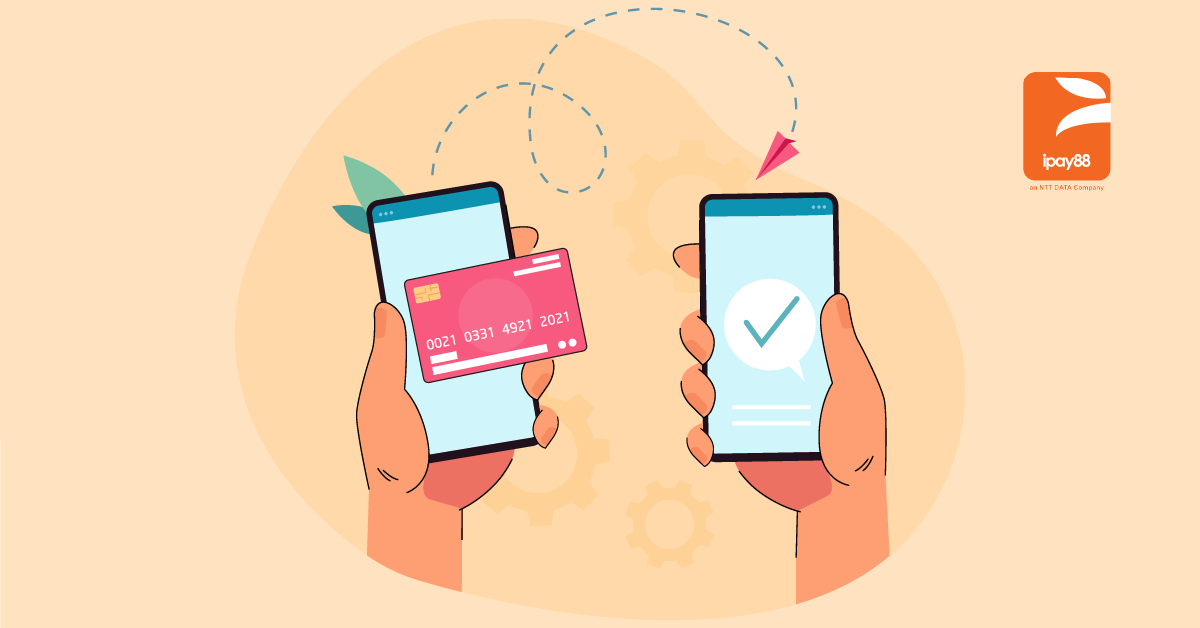With the recent cyber-attacks such as WannaCry ransomware attack, an increasing number of consumers notice that their personal information is stolen by hackers.
While hackers increasingly target large retailers and e-commerce sites, small to medium businesses (SMEs) are also exposed to hackers who sell customer information to the third party or the black market.
Thus businesses need to ensure their business operations comply with the protecting customer data best practices.
Why you need to step up your security system?
The reason is very simple, not only that you will be able to protect your customers, you will also gain their trust and loyalty, as e-shoppers are increasingly technology savyy, and are looking for trust.
If your website is not safe, you will lose customers’ trust and they will easily switch to your competitors’ sites which are more secure.
Having understood the importance and linkage between internet security and customer data, below are the top six ways to improve internet security and protect your customer data.
Tips 1: Choose a SSL encryption stores
Now, why should you choose an SSL encryption store?
Traditionally, most of the e-commerce websites that are available on the internet use SSL encryption technology to protect e-shoppers’ personal information during the checkout process.
Although the checkout process is secure, all other traffic to e-commerce websites still uses the unencrypted HTTP protocol. If a website is encrypted it means that no one else can see, which pages you view and what information you have submitted to the website.
If your store is encrypted, it means that no matter what page your customer is on, they’ll be browsing securely without worrying.
Tips 2: Don’t store sensitive data
Do you store all your customer’s data in your computer or system? Information such as card numbers, expiration dates, and card verification value (CVV) can do series damage if stolen or accessed by hackers.
You might store the other details, but there is no reason for you to store the CVV codes for a long period of time. You could also remove all the old data from your computer or system and back it up in a secure database.
I know that this might be convenient to store this data for a one-click checkout, but you need to remember the risk with it. The risk of data breach outweighs any convenience customers get by checking out with their stored data.
Tips 3: Choose a secure marketplaces
If you wish to sell products/services on your own website, it will cost you a lot of time and money to get the right encryption software and time to handle your back-up data.
So, instead of selling things on your own website, why not improving security and visibility by just choosing the right marketplace?
Marketplaces offer immediate access to large built-in customer and all the credibility and trust that comes along with their approval or certificate of sellers.
However, you need to understand your nature of business whether you are doing B2B or B2C, before choosing the right marketplace that best suites you.
Tips 4: Update your system & software
You should turn on the automatic update option for your software and system. Updating software is crucial for a smooth and secure functioning of a system, which would be equipped with the latest security features.
A good example you can see is from the recent WannaCry ransom attack, Microsoft issued a security patch that protects against WannaCry months before the ransomware started infecting systems.
The attack was successful only on systems and computers that hadn’t been patched. The main reason for most of the websites to fall under attack is outdated systems and software that they use.
Therefore, you should enable the auto-update functions on your computer to ease the burden for you. You could also switch to either Chrome or Firefox browsers, which update themselves automatically.
Tips 5: Be careful with Bring-Your-Own-Device (BYOD) Policies
By letting your employees use their own laptops and smartphones for work, it can be certainly a convenient and cost-saving strategy. However, it significantly increases the risk of stolen data.
For example, if you store your database or company information on your employee’s smartphones, what happens if your employee loses it? One stolen phone can result in a serious breach.
However, today’s workplace, which mostly consists of millennials or Gen-Y, will not like it. A complete ban on smartphones might do more harm than good.
Banning smartphones might not increase productivity by much, but by giving internet access throughout the company’s work computers will do.
People tend to spend a big portion of their day on social networks, more importantly, they have become a source for information search.
Banning social media websites also may harm your business, as a very big part of valuable industry information may not be accessed or exploited.
Tips 6: Improve your password requirement
When you set up a company account to your employees or customers (merchants), they must choose the most secure password possible.
As a normal standard practice nowadays, password’s minimum length should be not less than 8 and not more than 15 characters, both upper and lowercase letters and numbers.
You might even go a step further by ask for punctuation marks too, but it is not advisable to do so because it might be difficult to remember.
Also, implementing an indication if a password is strong enough could be a beneficial practice, as people would be encouraged to review their key word and come up with something that fits the requirements.
While most of the e-shoppers need to shop smart, ultimately, the trust in the online security lies within you.
Continuous improvement on cybersecurity
With the ways above, you need to make sure that you have a more secure system with protective measures taken in place, or you will be responsible for any data leaks or hacks.
With the advancement of technology, even without a comprehensive data protection plan in place, it is just simply a matter of time before customers’ information will be leaked.
These hackers are fast-moving and continue improving their ability to steal information. iPay88 does have a ZepSecure system to protect against internet fraud as well as customer information.
You could contact us for a free consultation and learn more about how to minimise your online fraud risk and secure your e-commerce store now.





